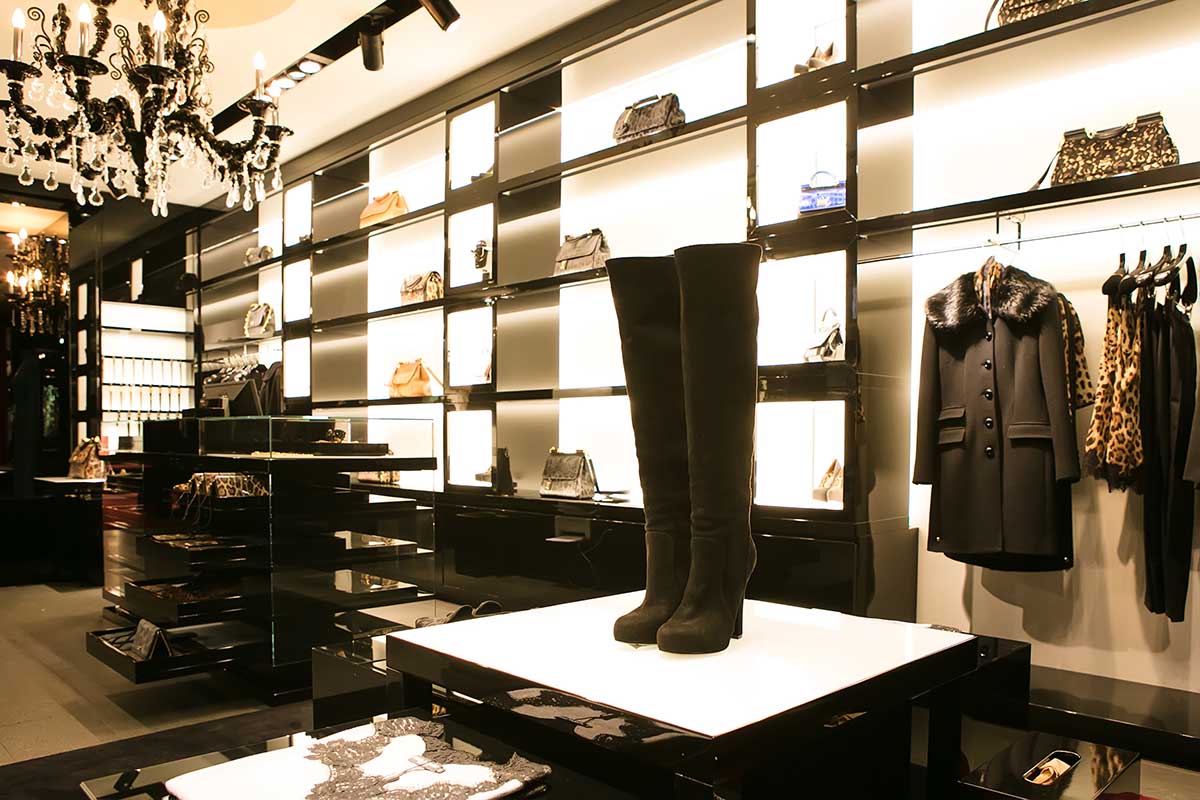How a Simple Trick Can Make You Feel Good About Your Purchases
Key Points
- Buying is emotional, not just logical. People hesitate when a purchase feels incomplete. Offer add-ons to enhance the experience & remove doubt.
- Smart pricing is about perception. If raising prices scares you, introduce smaller complementary products to encourage spending.
- Satisfaction comes from completion. When customers feel like their purchase is “whole,” they are happier & less likely to regret their decision.
The Power of a Well-Planned Purchase
Have you ever walked into a store with a set budget in mind, ready to make a confident purchase, only to second-guess yourself when faced with options?
It’s not just you. The way we make buying decisions is deeply influenced by psychology, emotions, and perceived value.
Recently, a friend shared a story that perfectly illustrates this.
She had planned to buy a new designer handbag, setting aside a specific amount she was willing to spend. She consulted a store associate, who brought out options matching her budget.
However, none of them felt just right—there was always something missing.
Then came a surprising twist.
The consultant introduced another set of handbags, all priced lower than her budget. And suddenly, she found a bag she loved. But instead of feeling excited, she hesitated. Was she settling just to save money?
Was she being practical, or was her subconscious leading her toward an option that didn’t truly satisfy her?
Here’s where the consultant worked some retail magic. Recognizing my friend’s hesitation, she acknowledged the emotional struggle and then reframed the purchase.
She said, “To truly feel satisfied with your purchase, you should also get a pair of shoes that complement your new bag. That way, you’ll still be within your planned budget.”
And just like that, everything clicked. The moment my friend allowed herself to complete the purchase in a way that felt whole, all doubts disappeared.
So, What’s the Lesson Here?
This isn’t just a great retail experience—it’s a powerful insight into how people make buying decisions. Businesses and consumers alike can learn from this simple yet effective strategy.
Why People Hesitate to Make a Purchase
There are many reasons why people hesitate before making a purchase, even when they have the budget for it. Let’s break it down:
Fear of Making the Wrong Decision
Most people don’t want to experience buyer’s remorse. When we shop, we’re not just looking for products—we’re looking for confirmation that we’re making the best choice.
✅Solution: Instead of just offering a product, create a clear decision-making framework for your customers. This can be through comparisons, testimonials, or complementary product suggestions (like the shoes in my friend’s story).
Emotional Connection to Money
Money is more than just numbers—it’s deeply tied to our emotions, status, and self-worth. Sometimes, spending less can feel like missing out on quality, while spending more can feel excessive or impulsive.
Solution: If you’re a business, you need to help customers justify their purchase in a way that aligns with their self-perception. That’s why brands that offer bundle deals, premium add-ons, or personalized recommendations do so well.
The Need for Completion
Many people hesitate to buy something because it doesn’t feel like a full experience. A handbag alone might feel incomplete—but a handbag with the right pair of shoes? That makes sense.
✅Solution: Consider how you can complete the experience for your customers. If you sell a product, think about what naturally complements it and present it as an easy add-on.
How to Apply This to Business and Everyday Life
Understanding these psychological triggers doesn’t just apply to shopping—it can help in various aspects of business, marketing, and even personal finance.
For Business Owners: Smart Pricing Strategies
If you’re an entrepreneur or brand owner, here’s the key takeaway: price perception matters.
If your pricing is already lower than competitors but you fear raising it, consider introducing complementary products at a slightly lower price point.
If you sell high-end skincare, offer a smaller, complementary product (like a matching serum) to encourage higher spending.
If you sell digital courses, offer an additional, lower-priced guide or workbook to enhance the experience.
If you own a café, pair drinks with a small dessert or snack option to increase the perceived value.
For Shoppers: Make Your Purchases Feel More Satisfying
Next time you’re making a purchase, ask yourself:
✅ Am I hesitating because I truly don’t want this, or because it feels incomplete?
✅ Would adding a complementary item make me feel better about the purchase?
✅ Is my hesitation based on real concern, or just subconscious second-guessing?
Sometimes, allowing yourself the full experience is what makes the purchase worth it.
The Psychology Behind “Complete Spending”
This strategy isn’t new—it’s been used in retail, marketing, and even hospitality for decades.
Think about how restaurants offer meal combos, or how gyms sell training sessions alongside memberships.
✔ Customers feel like they’re making a better decision when they get a well-rounded experience.
✔ Businesses benefit because customers spend more while feeling satisfied.
✔ It eliminates hesitation by removing the doubt of an “incomplete” purchase.
Final Thoughts: Smart Spending is About Feeling Good
At the end of the day, buying is an emotional decision, not just a rational one.
The reason why my friend ultimately felt satisfied with her purchase wasn’t because of the price—it was because she found a way to align her spending with her emotional needs.
For consumers, this means making purchases that truly bring you joy and fit into your life.
For businesses, it’s about understanding that helping your customers feel good about their decisions is more important than just making a sale.
Next time you hesitate before making a purchase, ask yourself: What would make this feel complete?
And if you’re selling something—help your customers find the answer.






















